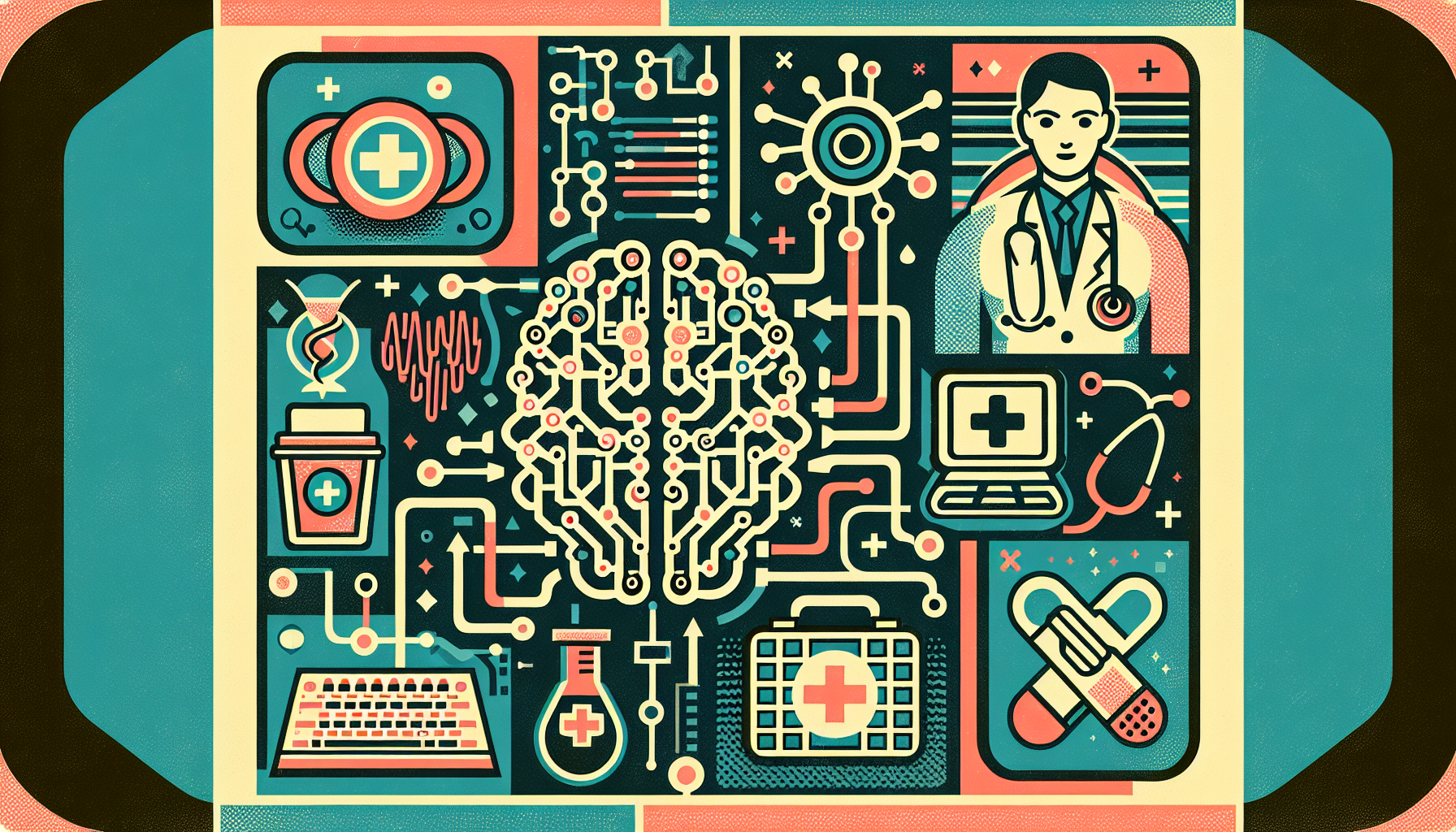The introduction of artificial intelligence (AI) into healthcare has changed the landscape, bringing new possibilities for patient care, improving efficiency, and boosting treatment results. Among these AI innovations, Reinforcement Learning (RL) stands out as a game-changer for crafting and executing treatment plans.
Understanding Reinforcement Learning
Reinforcement Learning is a type of machine learning that helps systems decide by learning from feedback. In healthcare, RL tools learn from patient data and treatment results to recommend the next best steps for individual care. This approach is especially useful for conditions like chronic illnesses or psychiatric disorders where treatment needs to adjust over time.
Where Is Reinforcement Learning Used in Healthcare?
Dynamic Treatment Regimes (DTRs)
RL plays a strong role in creating Dynamic Treatment Regimes (DTRs), which are personalized healthcare plans. DTRs use the patient’s history and current condition to make decisions about treatment types, medication doses, and appointment schedules. RL helps automate these decisions by analyzing clinical data to suggest the best treatment options. This method has already shown success in managing long-term diseases like cancer and HIV, and it could improve care in intensive care units (ICUs).
Automated Medical Diagnosis
Another exciting use of RL is in building adaptive health interventions. For example, RL can design exercise and diet plans for diabetic patients, adapting them based on patient progress and feedback. This ensures plans align with the patient’s needs, encouraging better adherence and engagement in health management.
Broad Healthcare Applications
Beyond treatment and diagnosis, RL has potential across various healthcare fields. It can help in scheduling health resources, finding new drugs, and managing health services overall. RL’s strength lies in crafting optimal strategies from past experiences, making it an attractive option for the complex interactions found in healthcare.
The Upside of Using Reinforcement Learning in Healthcare
- Personalized Care: RL designs tailored treatment plans that adjust to each patient’s changing conditions.
- Smart Decision-Making: RL tools make better choices by learning from past feedback and experiences, improving patient outcomes.
- Efficiency: By automating routine decisions, RL reduces the strain on healthcare workers, freeing them to focus on urgent tasks.
- Enhanced Results: With its adaptive approach, RL continuously upgrades treatment methods, leading to better health results.
Overcoming Challenges and Looking Ahead
Despite its promise, RL’s clinical applications face hurdles:
- Data Needs: RL requires substantial data to function well, which can be tough in environments lacking accessible information.
- Moving to Real-Life Settings: Shifting RL systems from simulations to real-world clinics is difficult because the systems must adapt to complex, dynamic real-life conditions.
- Defining Reward Systems: The success of RL depends on accurate reward definitions. In healthcare, this involves managing complex patient outcomes while balancing immediate and future goals.
Nonetheless, recent developments are promising. New benchmarks, like “Episodes of Care” (EpiCare), are expected to advance RL’s role in healthcare, similar to improvements in other AI areas such as image recognition and language processing.
Reinforcement Learning is set to be integral to future healthcare, offering more tailored, efficient, and effective patient treatment strategies. Though there are challenges to address before widespread clinical use, the potential gains are significant. As researchers tackle these obstacles, we anticipate deeper advances in healthcare, promising better outcomes for patients and more streamlined operations for healthcare providers.

Leave a Reply